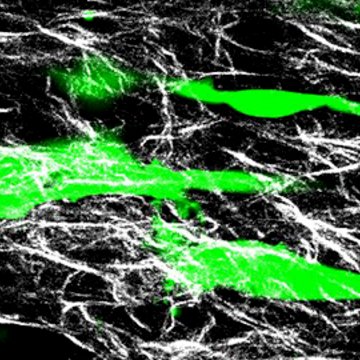UMN Biomedical Engineering receives $9.6M grant to accelerate new cancer immunotherapeutics

October 29, 2021—A biophysics-based tumor simulator will be developed by faculty at the Department of Biomedical Engineering (BME) at the University of Minnesota, thanks to a P01 grant from the National Cancer Institute.
The award builds on the work of the Physical Sciences in Oncology Center (PSOC)—an engineering-based oncology research center led by the department—and the department’s expertise in cancer bioengineering.
Predicting tumor progression
Researchers will be pioneering a biophysics-based simulator that can predict tumor progression. Predictions will be based on immune and cancer cell migration, net proliferation, and T cell-mediated cancer killing as measured quantitatively from live cell microscopy.
Accelerating therapies
The simulator will be developed in conjunction with new T cell-based immunotherapies for pancreatic and brain cancer, and used to maximize T cell access to solid tumors. By providing a multiscale computational platform, the simulator will accelerate the development of new therapies.
Engineering T cells
Researchers will also engineer T cells that can infiltrate and move throughout complex tumor microenvironments. T cells will be engineered using genome editing and overexpression, while integrated experiments, advanced imaging, and mathematical modeling will help elucidate migratory mechanisms.